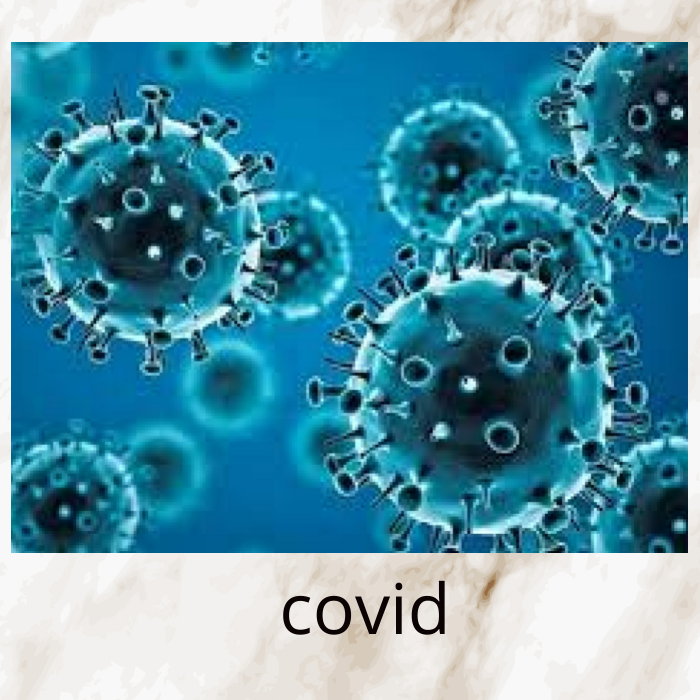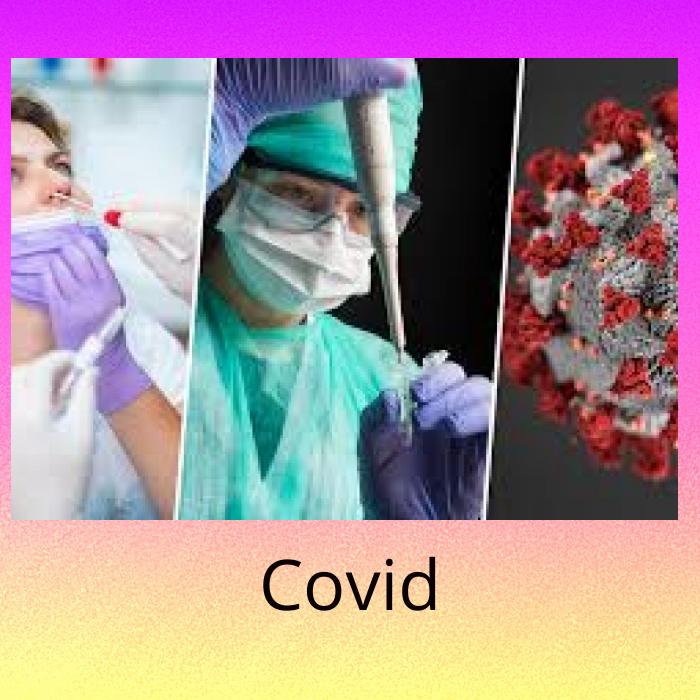Covid
Is the blood clot risk associated with the AstraZeneca COVID vaccine cause for concern?
Doctors were contacted by India Today to discuss AstraZeneca’s admission of a rare side effect known as vaccine-induced thrombotic thrombocytopenia (VITT), which was brought on by their COVID-19 vaccination.
In court documents, the British pharmaceutical giant AstraZeneca has finally admitted for the first time that its COVID-19 vaccine can result in VITT, an uncommon side effect linked to blood clot development.
Thrombocytopenia syndrome, or VITT, lowers the platelet count in the blood and creates blood clots in the blood arteries.
51 lawsuits have been filed against the corporation; these are class-action lawsuits that claim the vaccine caused fatalities and serious disabilities.
Millions of people throughout the world have been impacted by this news, including those in India, where the Covishield vaccine—a brand name owned by AstraZeneca—was given to lower the risk of serious COVID-19 problems.
Do you need to be concerned?
India Today spoke with medical professionals regarding AstraZeneca’s admission and the infrequent side effects brought on by the COVID-19 vaccine.
A neurologist at Apollo Hospital named Dr. Sudhir Kumar stated, “Imverse reactions to vaccinations often happen 1-6 weeks after injection. Thus, there is no need for concern for people who had the vaccination in India two years ago.” Hyderabad.
Vaccination against COVID raises the chance of blood clotting, but the risk is quite low.
Dr. Kumar stated, “Numerous scientific studies published from India and other countries have demonstrated this.” It is important to remember that COVID infection carries a higher risk of blood clot formation than COVID vaccination.”
The National Indian Medical Association’s co-chair, Dr. Rajeev Jayadevan, stated that these particular results are typically reported during the first month following the initial dosage rather than later.
According to Dr. Kumar, there is no known incidence of VITT in India following vaccination.
He asserted, “Merely a handful of incidents have been formally documented.”. Consequently, the frequency of VITT following COVID vaccination is exceedingly rare, based on the observation of millions of vaccine doses.”
In the UK and the EU, more than 17 million people have received vaccinations, yet up until last week, less than 40 blood clot instances had been recorded.
Acquire
According to experts, these revelations are not brand-new. In reality, since 2021, reports of several thrombosis instances following COVID-19 vaccination have been released from all over the world.
Since the first occurrence of thrombosis was documented by Eli Moschkowitz in 1924 in a 16-year-old girl, the condition has gained widespread recognition and awareness during the past 100 years. The mechanics underlying thrombosis have been understood since 1982 and have been taught in medical schools for the previous forty years, according to Dr. Kumar.
The risk of blood clotting is increased with COVID vaccinations, but it is still very low.

Dr. Kumar stated, “Numerous scientific studies published from India and other countries have demonstrated this.” It is important to remember that COVID infection carries a higher risk of blood clot formation than COVID vaccination.”
Those who receive the COVID-19 vaccine had a lower risk of clotting, heart attacks, and subsequent strokes, according to Dr. Jayadevan.
Is Covishield inferior than Covaxin?
According to Dr. Kumar, there is insufficient information to determine which COVID vaccine is more likely to cause side effects.
According to Dr. Kumar, “Furthermore, reports of thrombosis have also been reported with other vaccines such as influenza vaccine, pneumococcal vaccine, H1N1 vaccination, and rabies vaccine.”
Those who receive the COVID-19 vaccine are at a lower risk of developing clots, heart attacks, and subsequent strokes, all of which have been linked to the virus.
Experts state that persons who have had the COVID-19 vaccination have a lower chance of clotting, heart attacks, and subsequent strokes, as the virus is known to cause these events.
According to Dr. Jayadevan, both vaccines work.
He remarked, “Declaring superiority between the two is entirely superfluous.” Every medical intervention, including vaccinations, has side effects. Following their vaccination, millions of people in India are now healthy and alive.”
What negative impacts does it have?
AstraZeneca and Johnson & Johnson adenovirus vaccinations have rare side effects that can include strokes, cerebral venous sinus thrombosis, heart attacks, Bell’s palsy (a facial weakness), and Guillain-Barré syndrome (a paralysis of the hands and feet).
Several nations stopped using the AstraZeneca vaccination following the uncommon side effect of blood clotting.
